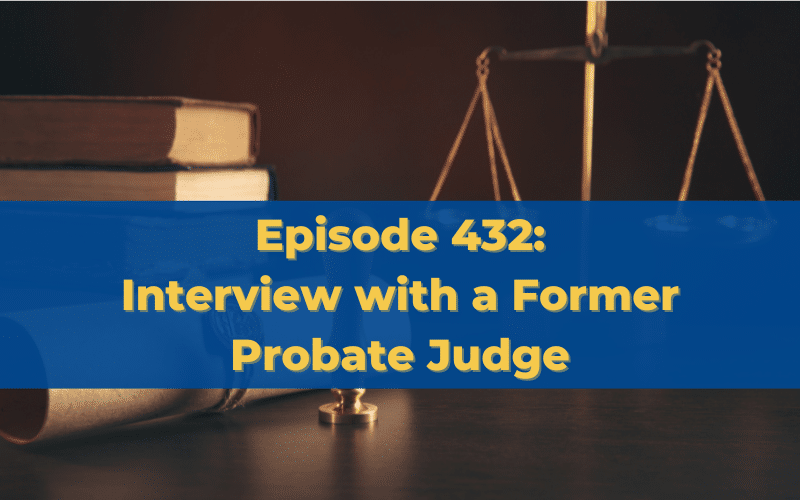The buying and selling of commercial real estate property can be very profitable, but it is often more complicated than that of residential properties, especially when it comes to a claim to title. The complexity of the issue has many commercial buyers and sellers left wondering what constitutes a claim to title in real estate. Having a knowledgeable real estate attorney guide you through the process can significantly protect your rights and financial transactions.
What Constitutes a Claim to Title in Real Estate?
A claim to title in real estate can be difficult to comprehend without the knowledge of basic terms and definitions. A title is a legal document with critical information about who owns a property, and it may be in the form of a deed.
When a piece of real estate comes up for purchase, a buyer needs to know existing and pertinent information about that property. The best way to accomplish this is to perform a title search. This process is designed to thoroughly examine all recorded transfers for the specific property to ensure there are no problems that could negatively affect the purchase.
A title search is designed to:
- Effectively trace property ownership
- Find existing liens
- Identify encumbrances, including easements, made against the property
If an encumbrance is found on a property, it essentially equates to an outstanding claim to title.
What Does a Claim to Title in Real Estate Mean?
If a claim to title issue in real estate is an encumbrance, what situations might that include? While the following list is not exhaustive, some instances of an encumbrance existing on a property can include a:
- recorded lien against a property for the purposes of securing a debt
- failure to pay required taxes
- mortgage that has been paid in full but not reconveyed in the mortgage deed
- omission or mistake in the deed
- prior ownership to the property that was not properly transferred to a later owner
- undisclosed owner
- disagreement regarding property ownership that could include hostile takeovers via adverse possession
If a title search yields a claim to title, it then becomes the buyer’s responsibility to review any claims and then file their objections to that search report by the specified deadline. Once the buyer has put this in motion the seller typically has a window of time in which they can respond to and resolve those concerns, or the buyer can walk away from the transaction.
How a Real Estate Attorney Can Help
When dealing with commercial real estate and what constitutes as a claim to title, it is advised to have a knowledgeable attorney working by your side and advocating to protect your rights. Residential real estate and commercial real estate can be vastly different at times, so ensure that you are working with legal counsel that specifically understands the innerworkings of commercial real estate deals.
A commercial real estate attorney can assist with the title examination process that happens while a property is under contract. Problems or concerns identified during the title examination must then be presented to the buyer, so they can decide whether to pursue the purchase or withdraw from the transaction altogether.
In commercial real estate, a title examination can be detailed and complex with a number of moving parts. For individuals not familiar with the wide range of issues that can arise or the legal terminology that goes with them, this process is best handled with the presence of an attorney. Legal counsel can advocate for a client’s rights and help them decide the best path forward from a claim to title for a property they originally planned to purchase.
What to Look for in a Commercial Real Estate Attorney for a Claim to Title
When a business needs to investigate what constitutes as a claim to a title in real estate, it is key that they work with an attorney with experience in this specific area of law. Some considerations to keep in mind when looking for a commercial real estate attorney who can help with a claim to title include:
- Experience and expertise in representing clients in claim to title cases
- Proper licensing to practice within the state of Texas
- The number of cases they have successfully represented concerning this issue
- The ability to officially represent an entity in a court of law, should it be necessary
Make the most of your commercial transactions. If you are a buyer or seller dealing with an unexpected claim to title in real estate, reach out to a trustworthy and reputable commercial real estate attorney for help.


